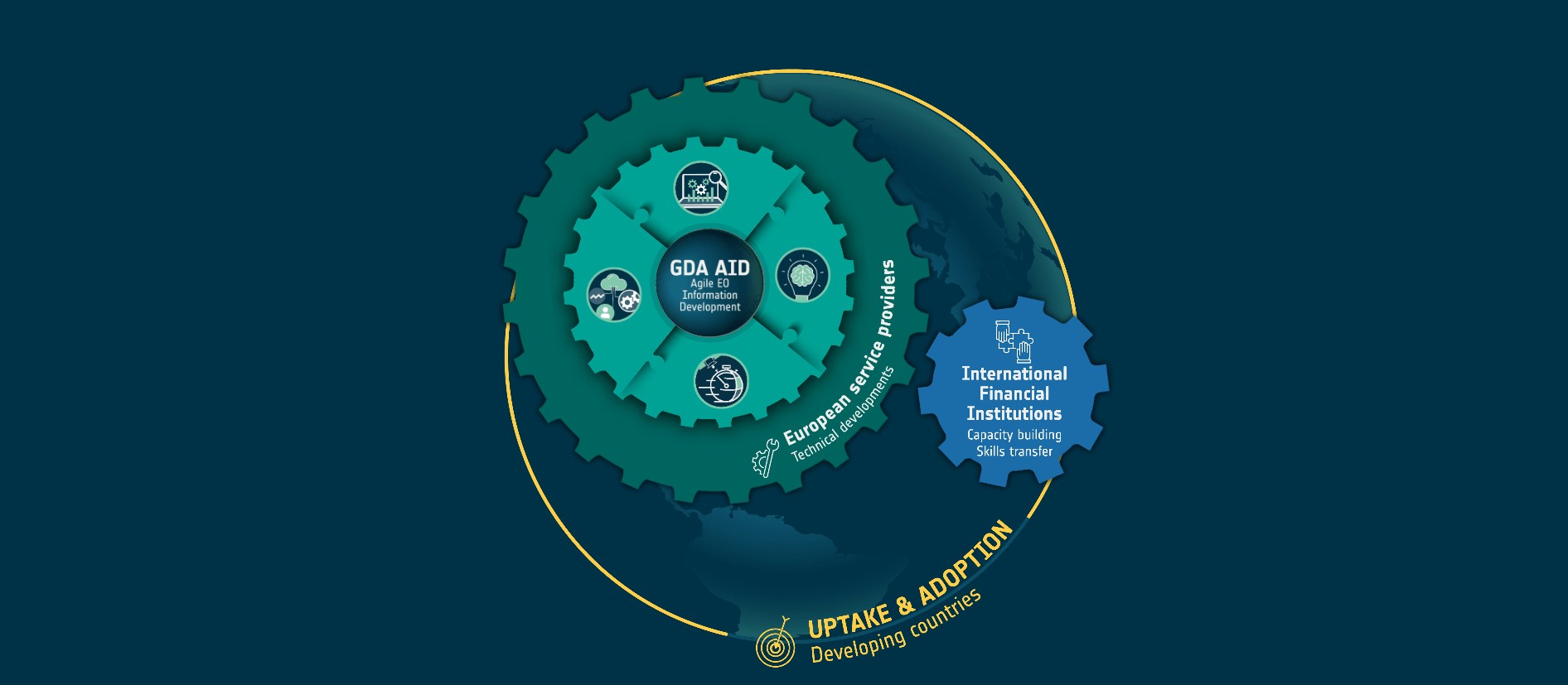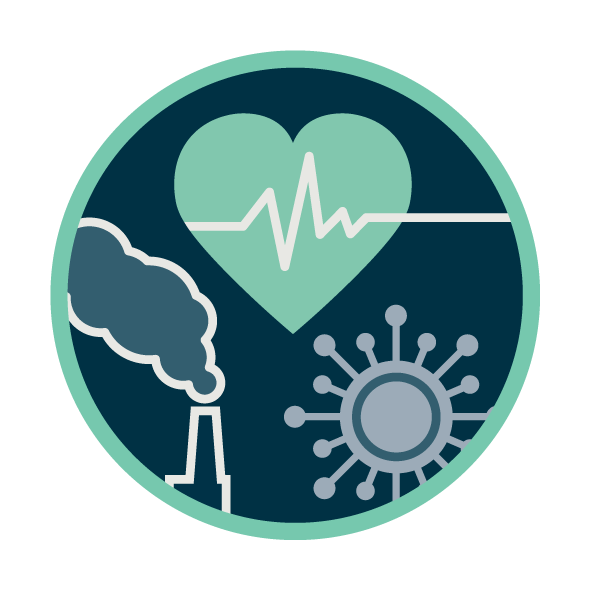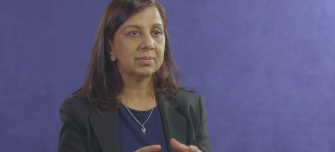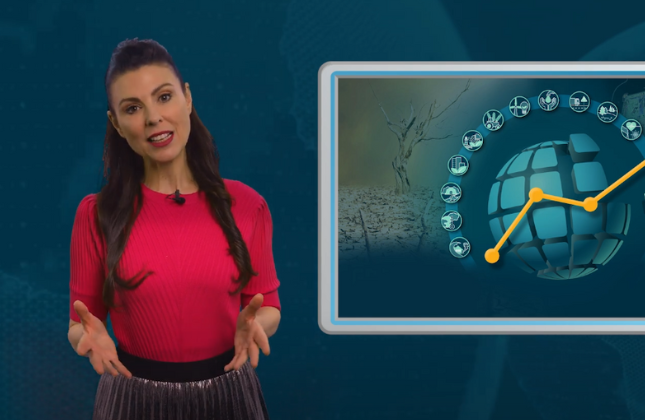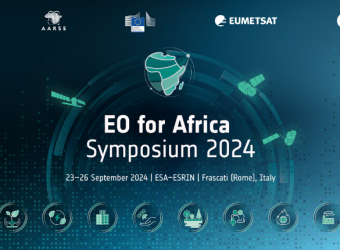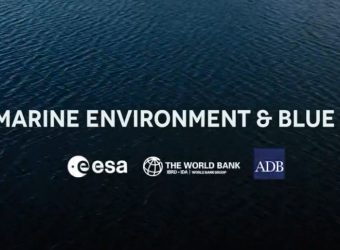The European Space Agency and the European Commission (EC) recently held a Joint Earth System Science Initiative workshop aimed at promoting collaboration, exploring funding opportunities and enhancing scientific excellence in international initiatives. The workshop, held from 22-24 November 2023 at ESA-ESRIN, Frascati, Italy, brought together scientists, researchers, representatives from space agencies, government officials, industry, and other stakeholders in Earth system science and related fields. It focused on leveraging technologies and Open Science for sharing expertise, data, and resources, with an emphasis on transferring scientific results to operational programmes like Copernicus and DestinE. Participants discussed scientific challenges, identified research needs, and defined priorities for future collaborative activities between ESA and the EC, with an emphasis on fostering networking and interdisciplinary science.
The Joint Earth System Science Initiative workshop provided a platform to showcase ESA’s mission of promoting Earth Observation (EO) for sustainable practices in marine environments. This mission is being implemented through collaboration with International Financial Institutions (IFIs) via the Global Development Assistance (GDA) programme. The workshop highlighted the GDA’s efforts in addressing marine pollution in Liberia’s rivers and showcased the positive impact these efforts have on the Gulf of Guinea. It’s one of many initiatives underscoring the GDA’s commitment to addressing global challenges within the marine environment through the utilisation of EO services.
At the workhop, a study presented by the leading company of the GDA Marine Consortium, Planetek, together with the University of Palermo, demonstrated the impact this GDA initiative has had on the blue economy. By leveraging advanced technologies and collaborating with international institutions, the GDA Marine Consortium played an important role in achieving this impact. The presentation highlighted the importance of integrating EO services into the development of sustainable practices, which ultimately contributes to the conservation and responsible utilisation of marine resources, driving economic growth, and promoting social well-being.
The Joint Earth System Science Initiative workshop demonstrates the achievements that can be made through collaboration, networking, and interdisciplinary science. Events like these highlight the importance of leveraging advanced technologies and engaging with the broader international scientific community to address complex global challenges.



